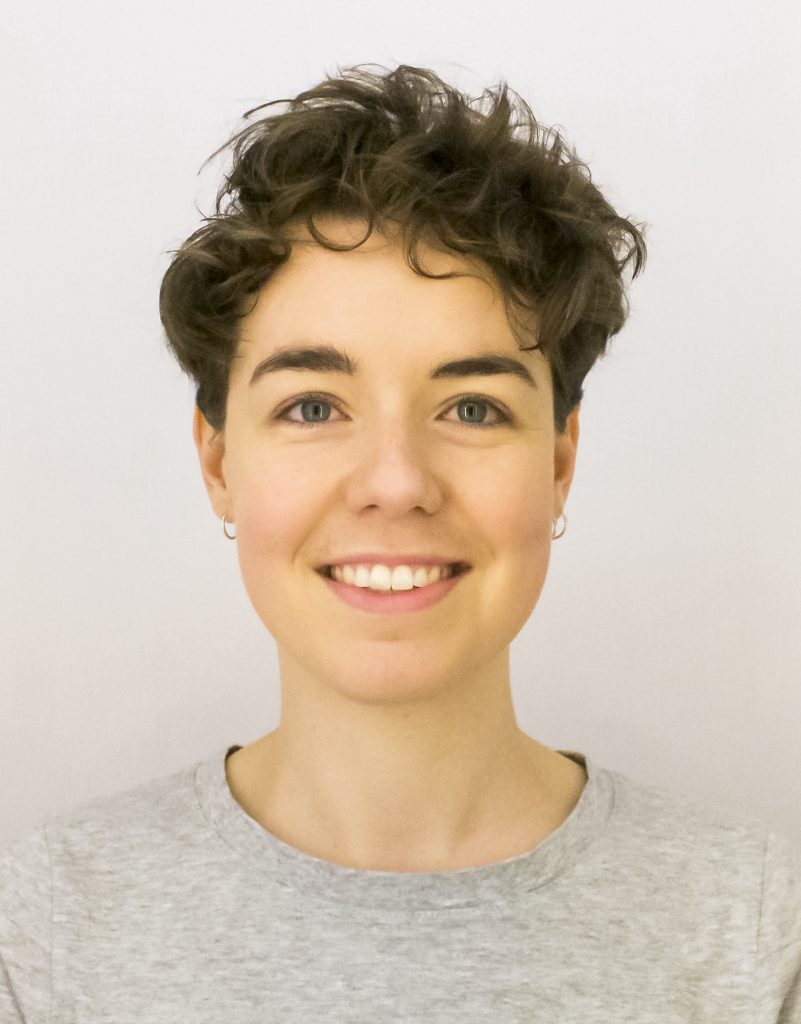
Anja Neidhardt-Mokoena (she/her), doctoral candidate at Umeå Institute of Design and at Umeå Centre for Gender Studies, both at Umeå University, Sweden.
In my PhD research project I focus on feminist design strategies that could support initiating transformational processes of design museums aiming towards more just futures.
Part of my research entails envisioning spaces for continually re-imagining design. The characteristics and qualities that I propose for such transformational spaces that support design’s development towards more just futures are currently based on workshops that I developed and hosted as well as on inspiration from activist spaces. I am now more and more interested in exploring fabulations as a way to further develop this part of my research in the future.

Anna Brynskov (she/her), PhD Fellow at the Digital Design Department at the IT University of Copenhagen, Denmark. In my research, I explore political, social, and cultural implications in futures of sexuality through a design practice of speculations and design fiction. My research is rooted in cyberfeminist theory, critical disability studies, and software critique.
I have worked with storytelling about sexuality for more than 10 years, and with interaction design, speculations, and design fiction for more than six years. I engage with a broad variety of materials and aesthetic expressions across physical computing, film directing, creative coding, creative writing, still photography, and electronic music composition.
In the Nordic Fabulation Network I wish to exchange tools for exploring technologies contextualized and creatively through fabulations.

Anna Vallgårda is an Associate Professor at the IT University and head of the IxDlab—a critical fabrication lab where we build ideas.
I am working to reframe and redesign care technologies from a critical feminist perspective. I firmly believe that we attune differently to our intimate technologies and that any attempt to design such technologies must rely on deeply situated material engagement with those living with them. This should lead to a landscape of care technologies that exhibit significantly more diversion in form and function.
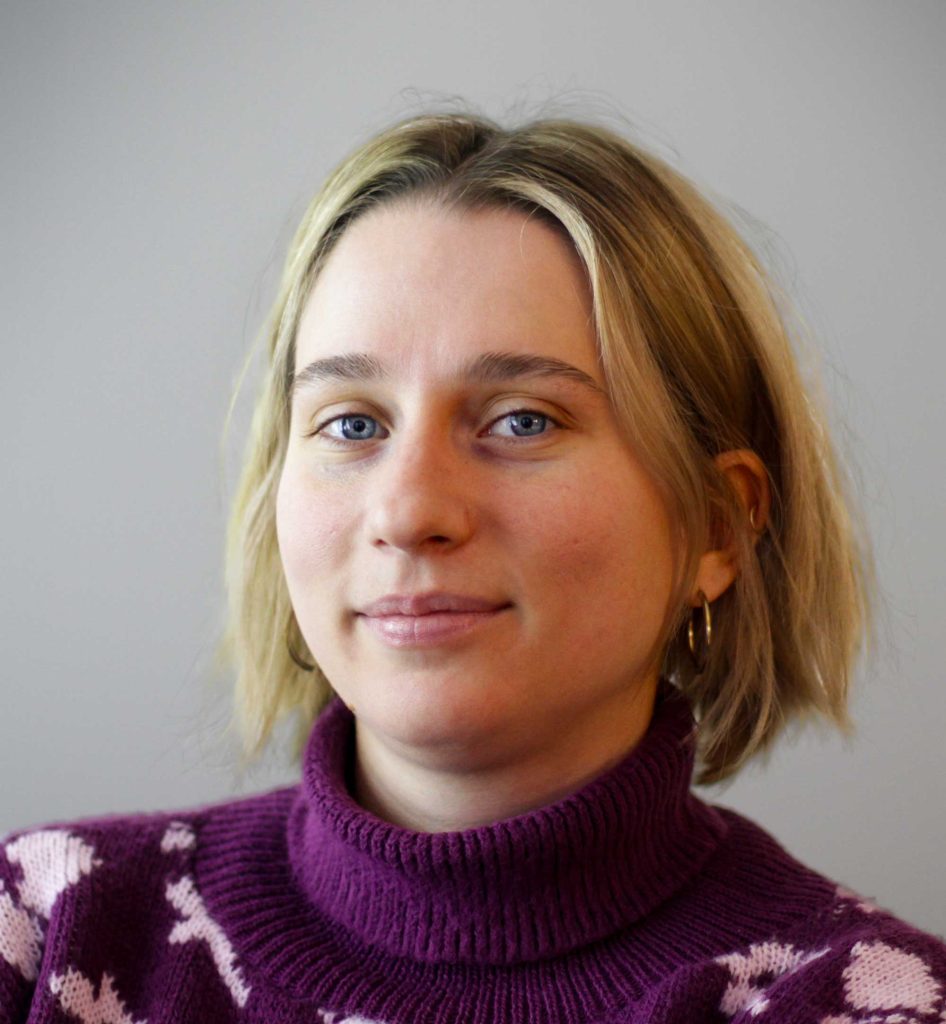
Irene Kaklopoulou (she/they) is a PhD student at the Department of Informatics at Umeå University, Sweden.
My research and design inquiry is grounded on feminist technoscience, investigating how to design technologies for and with the lived, felt, and entangled nature of the body and wellbeing.
Designing can be seen as a process of crafting futures, and therefore, fabulation is an exciting and promising way to imagine, craft, and engage with alternative worlds that might be able to cater to a plurality of bodies, lifestyles, temporalities, and ways of existing in the world.

Jess Haynie-Lavelle has a MMSC in Global Health and is currently a doctoral student of Global Political Studies with Malmö University. Her research spans the intersection of AI technologies and health promotion through the lens of political economy. Using a participatory speculative design approach, the project queries the appropriateness of AI systems to promote the health of our everyday diverse communities.

Jonas Fritsch, PhD, is Associate Professor in Interaction Design at the IT University of Copenhagen in the Department of Digital Design. He is head of the Affective Interaction & Relations (AIR) Lab where he explores a creative thinking of interaction design, experience philosophy and affect theory through design experiments across environmental, social and mental ecologies. He is PI in the VELUX Core Group TRAnsformations in CarE (TRACE) exploring careful interventions as a method for rethinking care technologies.

Kamila Anna Dzierzak (she/her) PhD Fellow at IT University of Copenhagen, Denmark.
As a trained designer, researcher & strategist with a flair for futures I like to investigate the newest transitions and symptoms and translate what they can mean for the different contexts.
In my PhD project through long-term participatory design engagement, I’m investigating how technology can help rehearse new care imaginaries within a social care context.
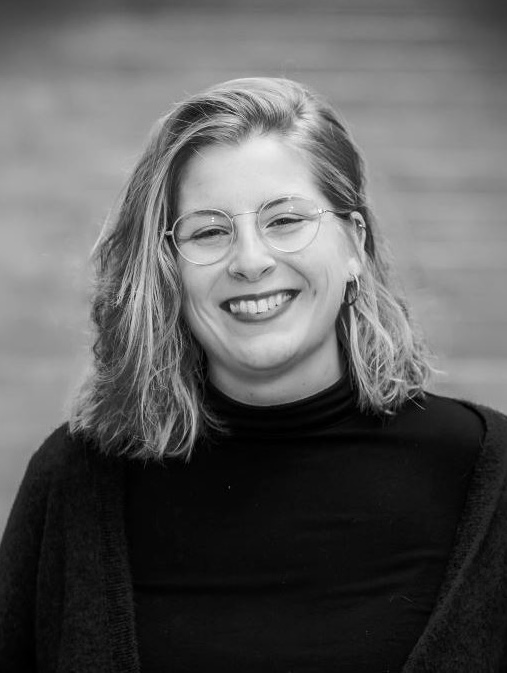
Lara Reime (she/her) is a PhD Fellow at the IT University of Copenhagen, affiliated with the Technologies in Practice research group and the ETHOSLab.
In my research combine design and ethnographic methods to investigate the social, material, and embodied aspects of digital reproductive health technologies and intimate data relations.
I’m interested in discussing our roles in co-creating worlds through the ways we think, research, and design and exploring the role fabulation might play in troubling temporalities and binaries to imagine more just futures.

Louie Søs Meyer (they/she), PhD student at the IT University of Copenhagen in the Digital Design Department.
My research explores self-tracking technologies with a particular focus on transparency of and interaction with predictive algorithms. I am currently inspired by techniques of queering and hope to unfold this further in future works.
I am curious about alternative design approaches to materialize the often invisible and intangible processes of machine learning models in the context of bodily experiences and personal well-being.

Mai Hartmann (she/her) PhD fellow at the IT University of Copenhagen, Denmark.
In my research I aim to investigate existing and potential affective implications of implantable defibrillators and AI-driven cardiac health prediction. Working with cardiac patients, clinicians and next of kin, I want to explore speculative and preferable futures for cardiac care. My research practice is informed by crip and feminist technoscience, speculative design and affect theory as well as my personal art practice.
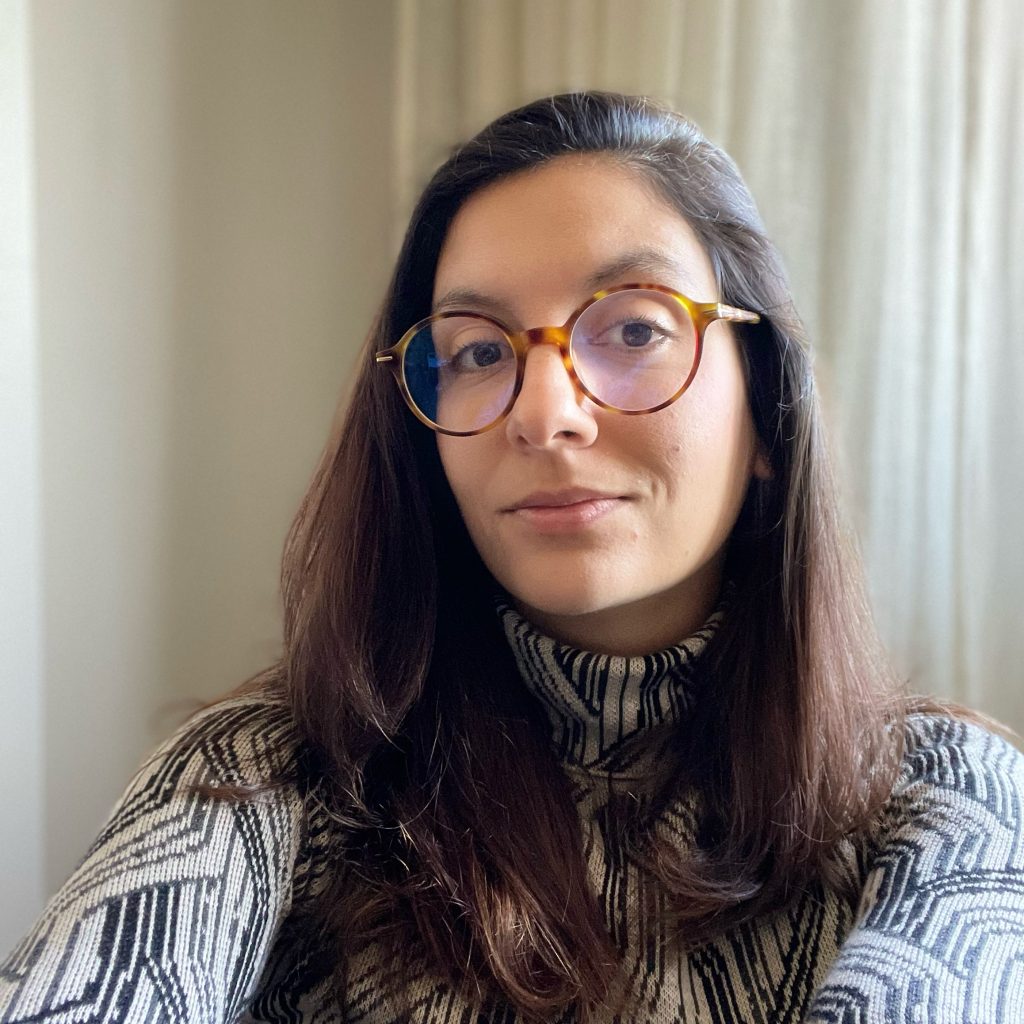
Mafalda Gamboa has a Master in Architecture from the Faculty of Architecture at Lisbon University. She is currently a Ph.D. candidate. Her research interests are focused on Interaction Design, particularly research through design and design sensibility. She has a strong interest and long experience as a teacher within design methodology, user experience, sketching, and qualitative user studies. Currently, her research is framed by the Wallenberg AI, Autonomous Systems and Software Program – Humanities and Society (WASP-HS) funded by the Marianne and Marcus Wallenberg Foundation. Her project is called “The rise of social drones: A constructive design research agenda.”
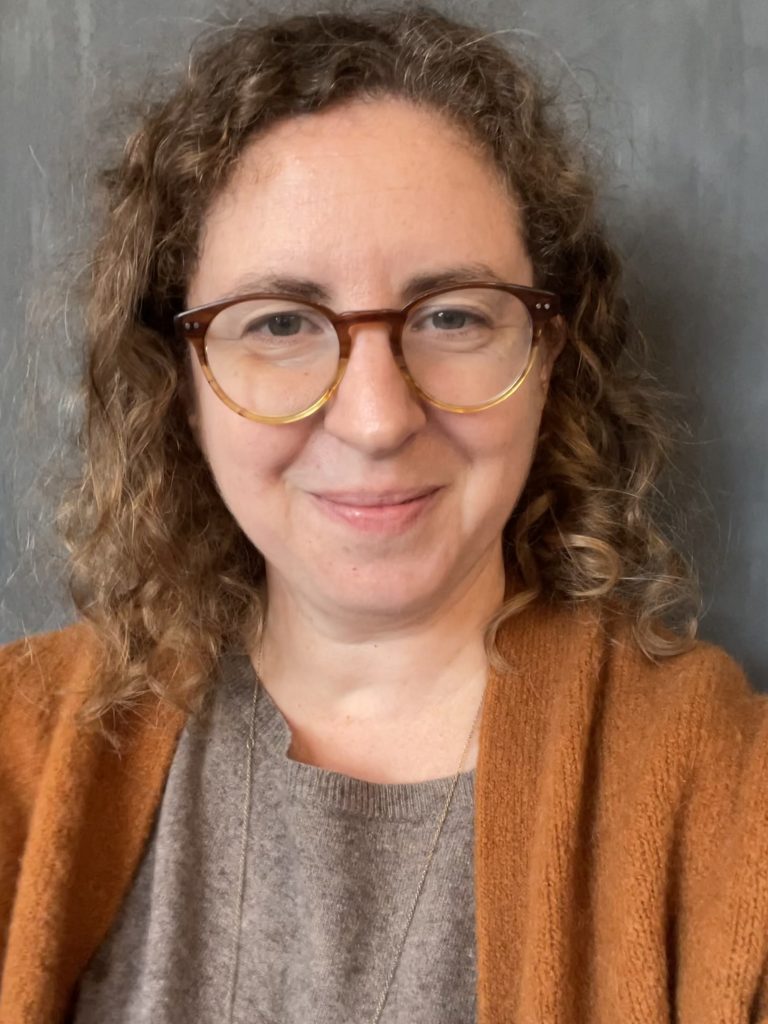
Marisa Leavitt Cohn (she/her) is an Associate Professor in the Technologies in Practice Research Group at the IT University where she also directs the ETHOS Lab. She is a feminist-STS scholar using ethnographic and research-through-design methods to study software obsolescence, maintenance labor, and temporalities of and infrastructural decay.
In my research, I explore how our relationship to time and the future is shaped by temporal narratives of software and infrastructural change. My hope is to further explore fabulation as a method of empirical inquiry and means of co-speculating technological change – particularly decline, decay, and dismantling.
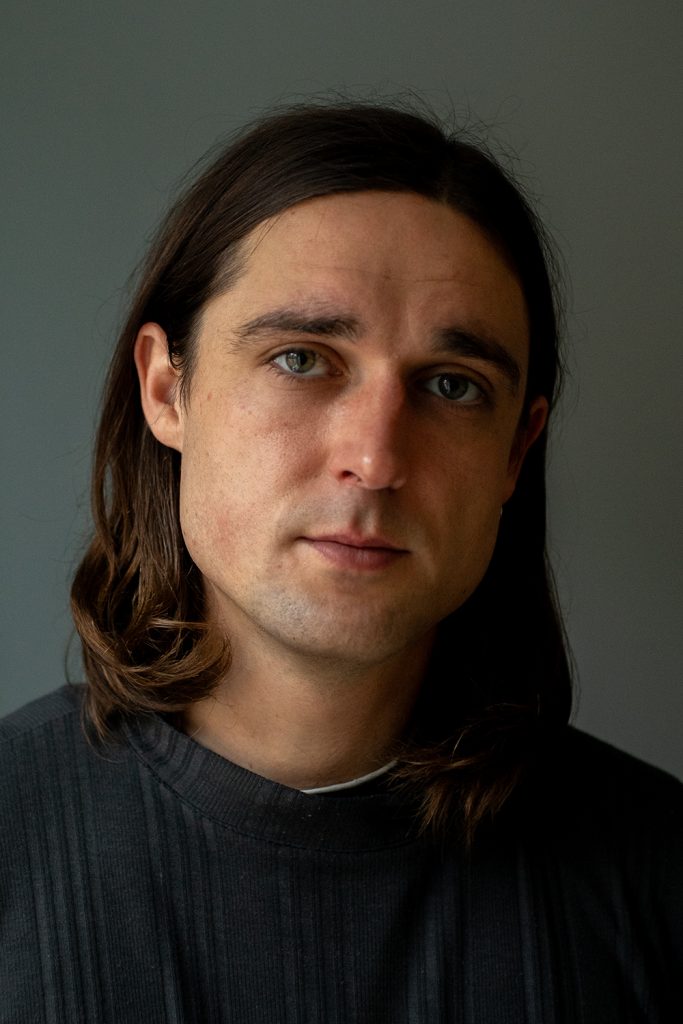
Martin A. Padalak (he/him) is a PhD Fellow at the IT-University of Copenhagen’s Digital Design Department working out of IxD Lab.
My research explores prospective farmer’s preferable futures and the role of technology in sustainable future food-production. The project gathers my practical and educational training in architecture, farming and interaction design.
I hope to learn from other researchers; how they have made, worked and thought with imaginaries. Hopefully, my understanding of fabulation and its role in my research will be developed, and my own perspective offer some meaning to others.

Sarah Homewood (she/her), Assistant Professor, University of Copenhagen
I use design to explore how societal norms influence how we design self-tracking technologies.
I want to gain new methods for integrating fabulations into my research practice.

Simy Kaur Gahoonia (she/her) is a PostDoc at the IT University of Copenhagen and the Technologies in Practice group. My work focuses on issues of digitalization and datafication in public schooling, but also more broadly in education and the Danish public sector. I have a general interest in experimental conduct, methods, and the philosophy of science and technology. My research and teaching draws mainly on feminist STS and media studies, but I have a long-standing curiosity about collaborative design approaches, which I hope to grow through this workshop series.
| Henriette Friis | IT University of Copenhagen |
| Åsa Ståhl | Linnaeus University |
| Kristina Lindström | Malmö University |